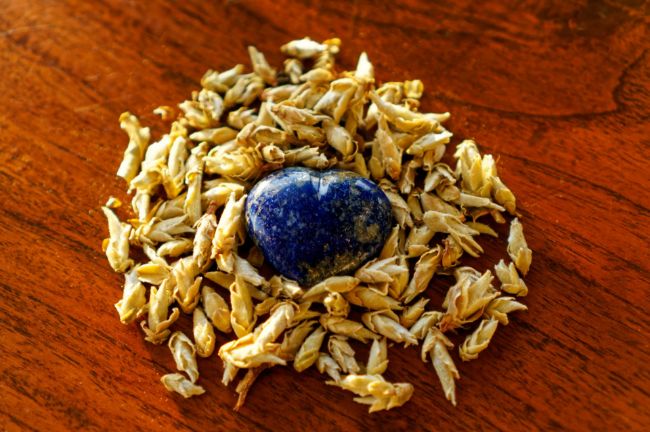
Does white tea lower bloodpressure?
Although there is some evidence to suggest that the consumption of tea may have effects that lower blood pressure1, more research is needed to confirm these findings.
What is white tea?
White tea is generally made by plucking the young leaves and buds of the tea plant (Camellia sinensis) and allowing them to wither and dry.
It’s considered to be one of the least processed types of tea and is often prized for its delicate flavor and subtle aroma. Since white tea is minimally processed, it retains a high level of antioxidants and other beneficial compounds. This may contribute to the potential health benefits of white tea.
Is blood pressure lowered by drinking white tea?
Heart disease is the leading cause of death in many countries throughout the world, including Europe and the United States. This condition is closely linked to hypertension and can be influenced by various factors including diet, exercise, or even drinking tea.
For example, tea contains large quantities of naturally occurring micronutrients called polyphenols. Some studies have shown that these compounds can help relax blood vessels, which may be beneficial for heart health2.
Other studies have found that polyphenols may help prevent LDL cholesterol (the "bad" cholesterol) from becoming oxidized3. Oxidized LDL cholesterol is believed to contribute to the development of plaque in the arteries, which can lead to cardiovascular problems.
According to a scientific analysis of five studies, people who consume at least three cups of tea each day may have a 21% lower risk of developing heart disease4. However, it's important to note that this research is based on a limited number of studies.
More research is needed to fully understand the relationship between tea consumption and heart health.
It's also worth noting that white tea generally contains less caffeine than other beverages such as coffee. This means that it may be a good choice for those who want to limit their intake of caffeine, a compound which has been shown to increase blood pressure5.
Conclusion
While white tea may have some potential health benefits, it is important to note that it is not a replacement for a healthy diet and lifestyle. If you’re interested in using white tea to help lower your blood pressure, it is important to speak with your healthcare provider to determine whether it is appropriate for you.
Your healthcare provider should be able to help you develop a plan to manage your blood pressure that’s tailored to your specific needs.
Also, check out this article that dives into the differences between white and green tea.
.png)

